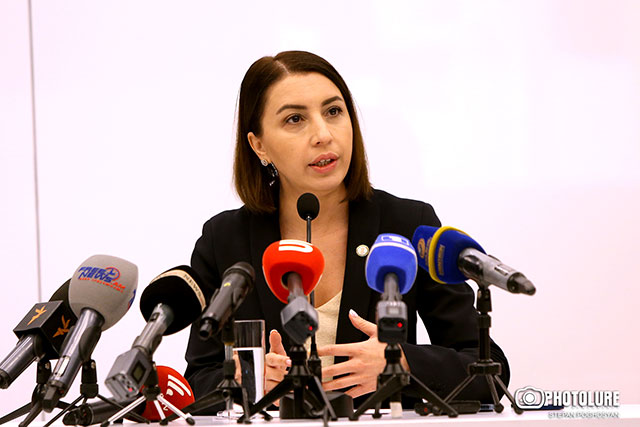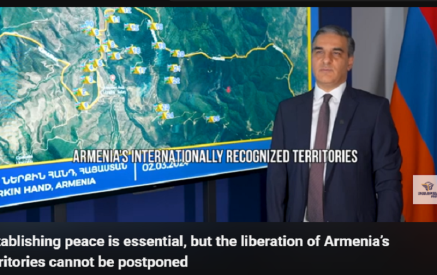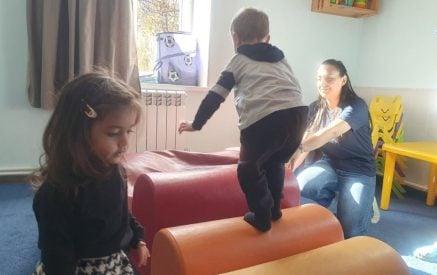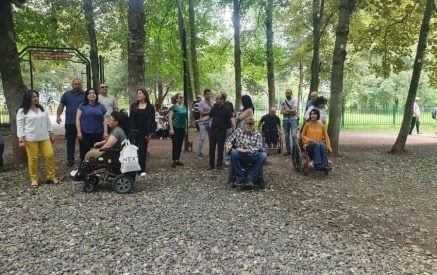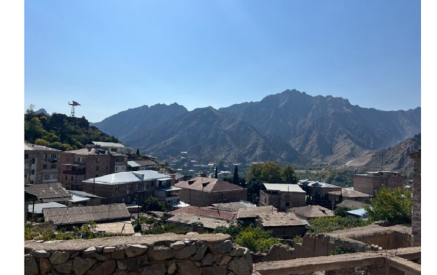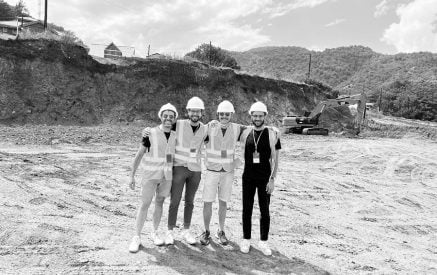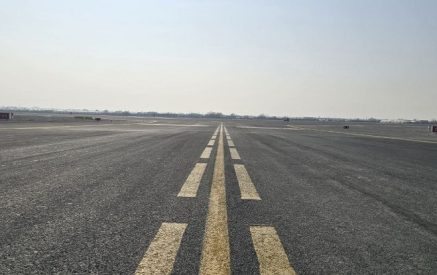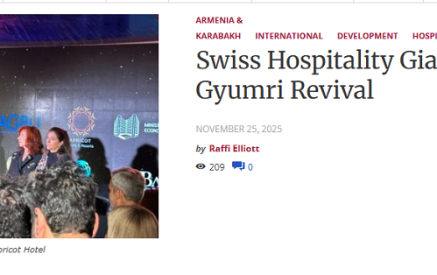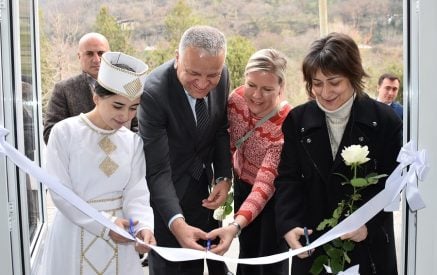The Human Rights Defender of Armenia published the Ad Hoc Public Report on fact-finding visits to Gegharkunik and Tavush provinces in July-August 2022.
Conditioned by the vulnerable situation created for the residents of border communities in Tavush and Gegharkunik provinces as a result of the military attack by the Azerbaijani armed forces on September 27, 2020, the working groups led by the Human Rights Defender visited Tavush and Gegharkunik provinces in July-August 2022 to get acquainted with the issues on spot, take actions towards their solution within the framework of the constitutional mandate of the Human Rights Defender, as well as to carry out fact-finding activities.
The Report presents the results of the fact-finding activities, the legal analyses applicable to the obtained facts, as well as the recommendations of the Human Rights Defender referring to the raised issues.
The Report is summarized and should have been published at the end of September, but the attack carried out by Azerbaijan on Armenia on September 12-13 changed the situation, causing the need for more urgent response activities for the Defender’s Office.
Read also
Despite this, it is noteworthy that the facts analyzed in different chapters of the Report, point out the use of lasting and continuous psychological pressures by the Azerbaijani armed forces against the residents of border communities and gross violations of the property rights of civilians, especially in the Gegharkunik province. The examples of ethnic hatred, which is the root cause of such illegal acts, are also analyzed, in particular, the anti-Armenian speeches and statements regarding the threat of using force of the Azerbaijani MPs.
During the monitoring visits to the Tavush province, the opportunities and issues of providing medical assistance and medical care to the residents, as well as a number of issues related to the socio-economic rights of the residents were studied. Within the framework of the visits, special attention was paid to the study of the conditions, needs and possibilities for the creation of an inclusive environment for children’s right to education.
Private interviews were held with regional and local self-government bodies, as well as with residents, discussions were held with heads of pre-school educational institutions and other educational institutions, as well as with representatives of a number of local non-governmental organizations.
Ad Hoc Public Report is available in Armenian at the following link:




















































